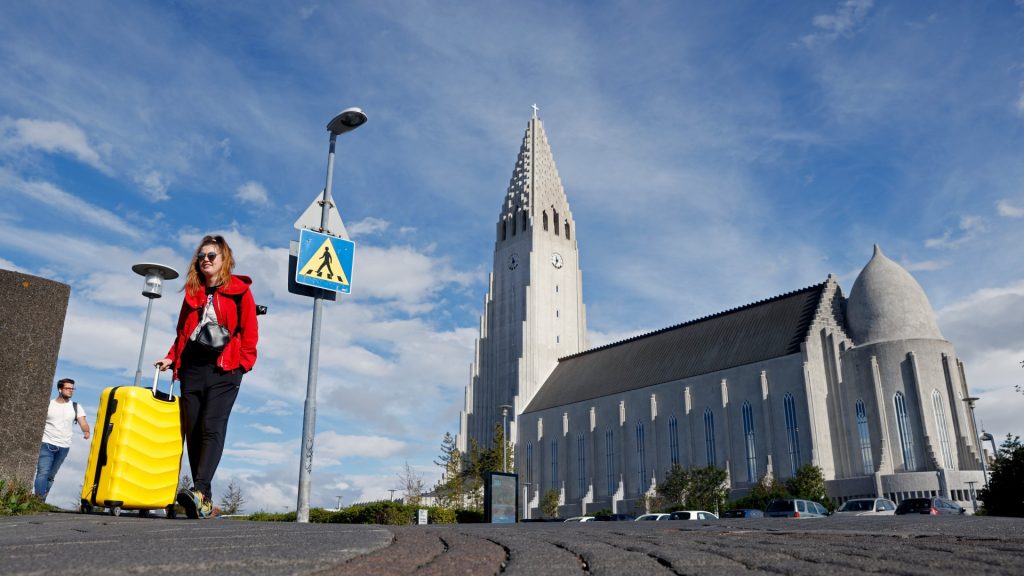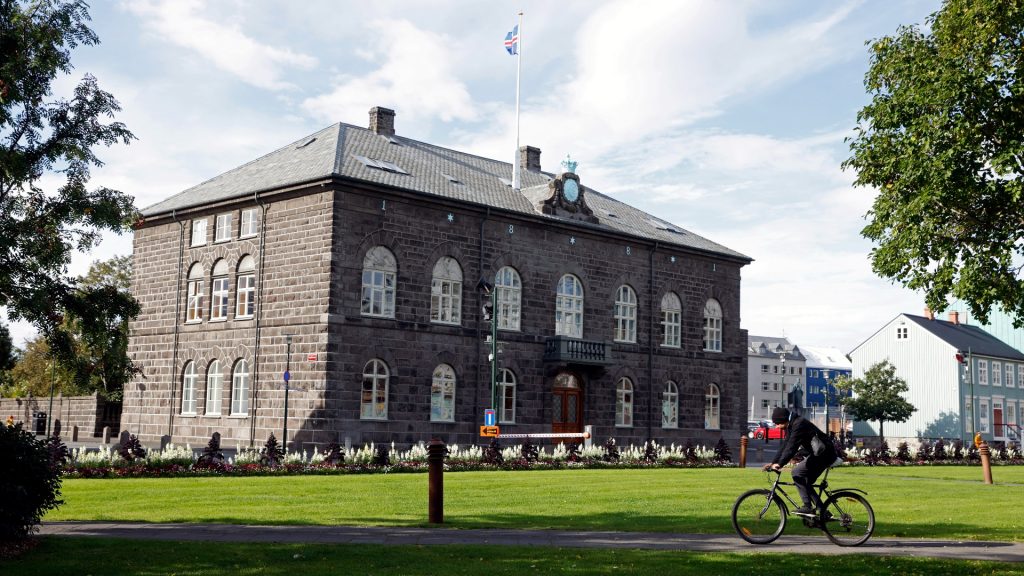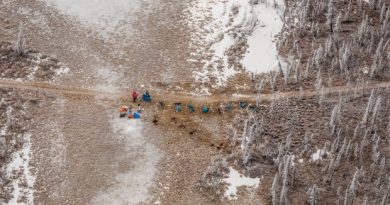Iceland to ease quarantine facility requirements for travellers from high-risk areas on May 31

With COVID numbers continuing their downward trend, Iceland will start easing compulsory stays in designated quarantine facilities for travellers from high-risk areas starting on May 31.
“As of May 31, the stipulation requiring people to stay in a quarantine facility, depending on from where they are coming from, i.e. from specific high-risk areas, is repealed,” the Icelandic government said in a news release on Thursday.
“At the same time, notices regarding regions and countries considered special high-risk areas for COVID-19 will no longer be published.”
As of Monday, the only people required to stay in a quarantine facility will be those who are unable to observe a quarantine in their own home, or make their own arrangements elsewhere.
Whether travellers observe a home quarantine or stay in an official quarantine facility, they’re still required to pre-register where they’re staying.
Travellers arriving from high-risk areas May 29-30,the weekend before the new rule takes effect, can request special authorization to home quarantine.
Domestic infections down significantly
Iceland implemented a series of special travel requirements at the end of April.
Bolstering quarantine requirements and restricting travel from countries identified as risk zones were among the measures.

High-risk areas were defined as any place where the 14-day incidence rate of infection was more than 700 people per 100,000 inhabitants, or places where data was not available.
The rules were in response to a series of domestic COVID-19 infection clusters traced back to travellers who had entered the country but not respected their quarantine and isolation requirements.
As of Friday, Iceland was reporting 7.9 domestic infections per 100,000 people, down from 17.7 two weeks ago, and 2.7 cases per 100,000 people at the border, compared with 2.5 two weeks ago.
Write to Eilís Quinn at eilis.quinn(at)cbc.ca
Related stories from around the North:
Canada: 1st court date for southern couple accused of sneaking into northern Canadian community for vaccines, CBC News
Finland: Mysterious coronavirus variant in Arctic Finland is rare US-Mexican strain, Yle News
Denmark/Greenland: Greenland authorities buoyed by high demand for COVID-19 vaccine, Eye on the Arctic
Iceland: Iceland’s revised COVID-19 border criteria seems to be working, some domestic restrictions relaxed, Eye on the Arctic
Norway: Norway extends border closure with Finland due to pandemic, The Independent Barents Observer
Russia: Norway closes borders over fears of virus, but exempts Russian fishermen from severely infected border region, The Independent Barents Observer
Sweden: At least 16,000 in Sweden have long COVID, Radio Sweden
United States: Alaska politicians send Trudeau letter saying they’re “shocked” over Canada’s COVID-19 cruise ship ban, Eye on the Arctic



